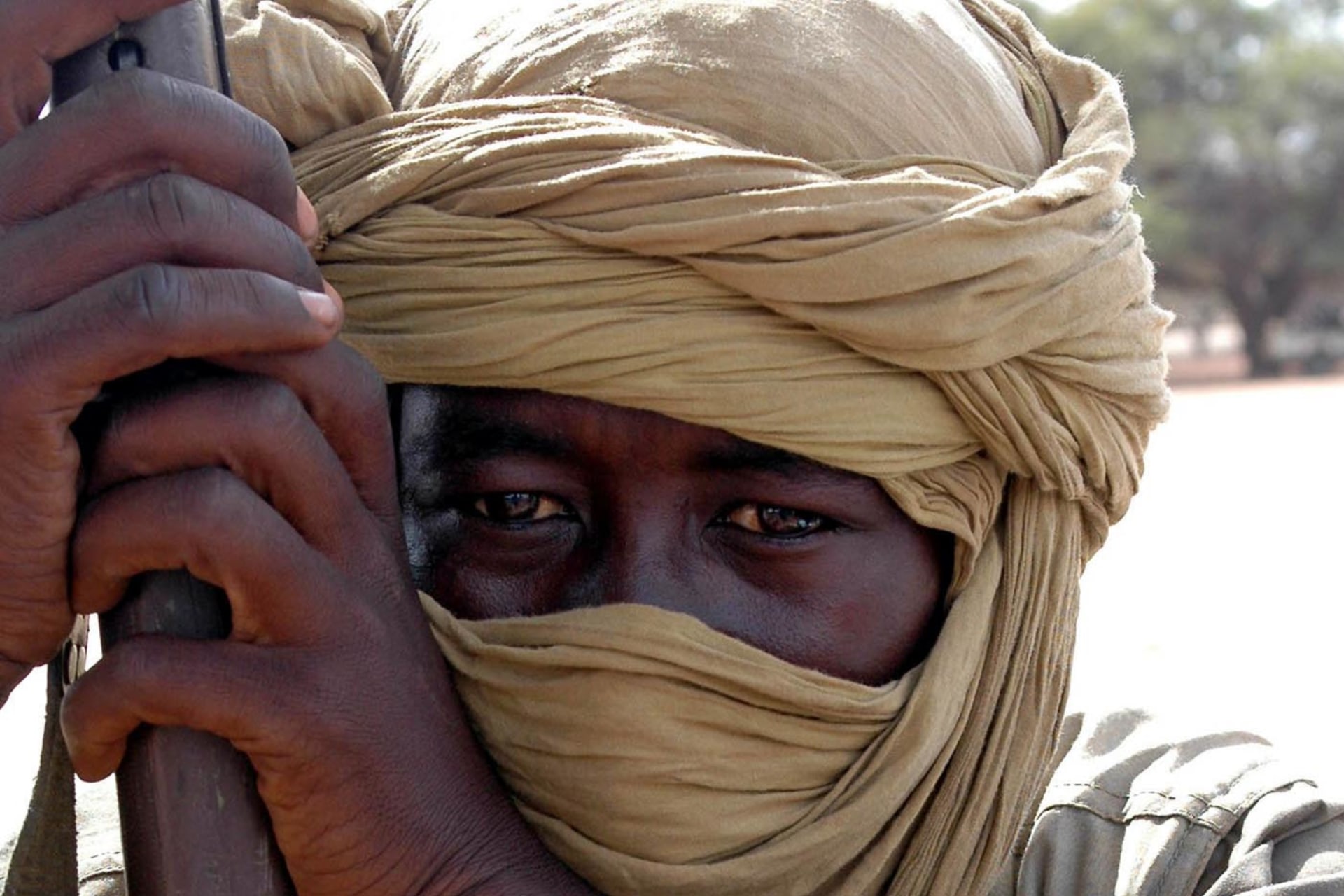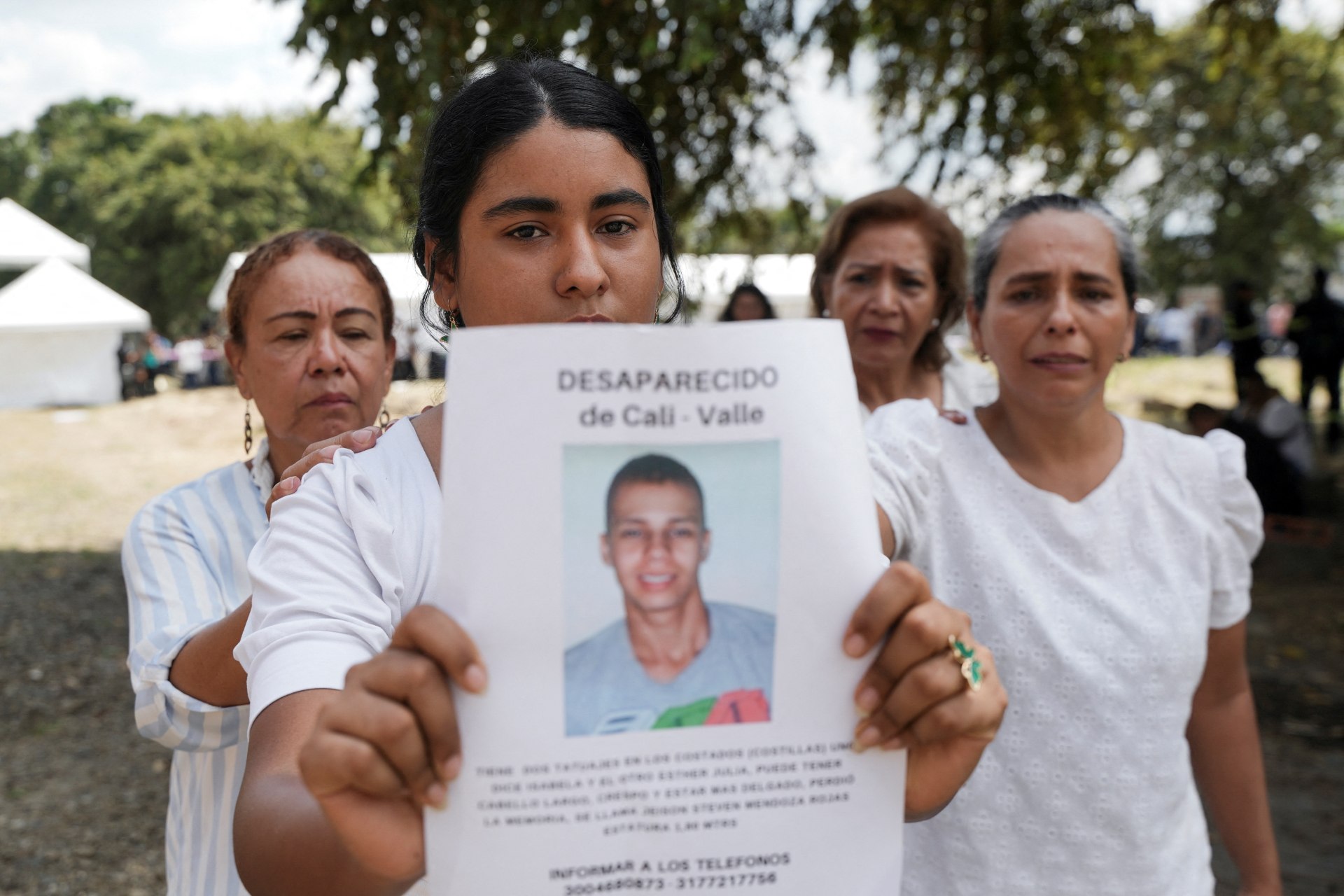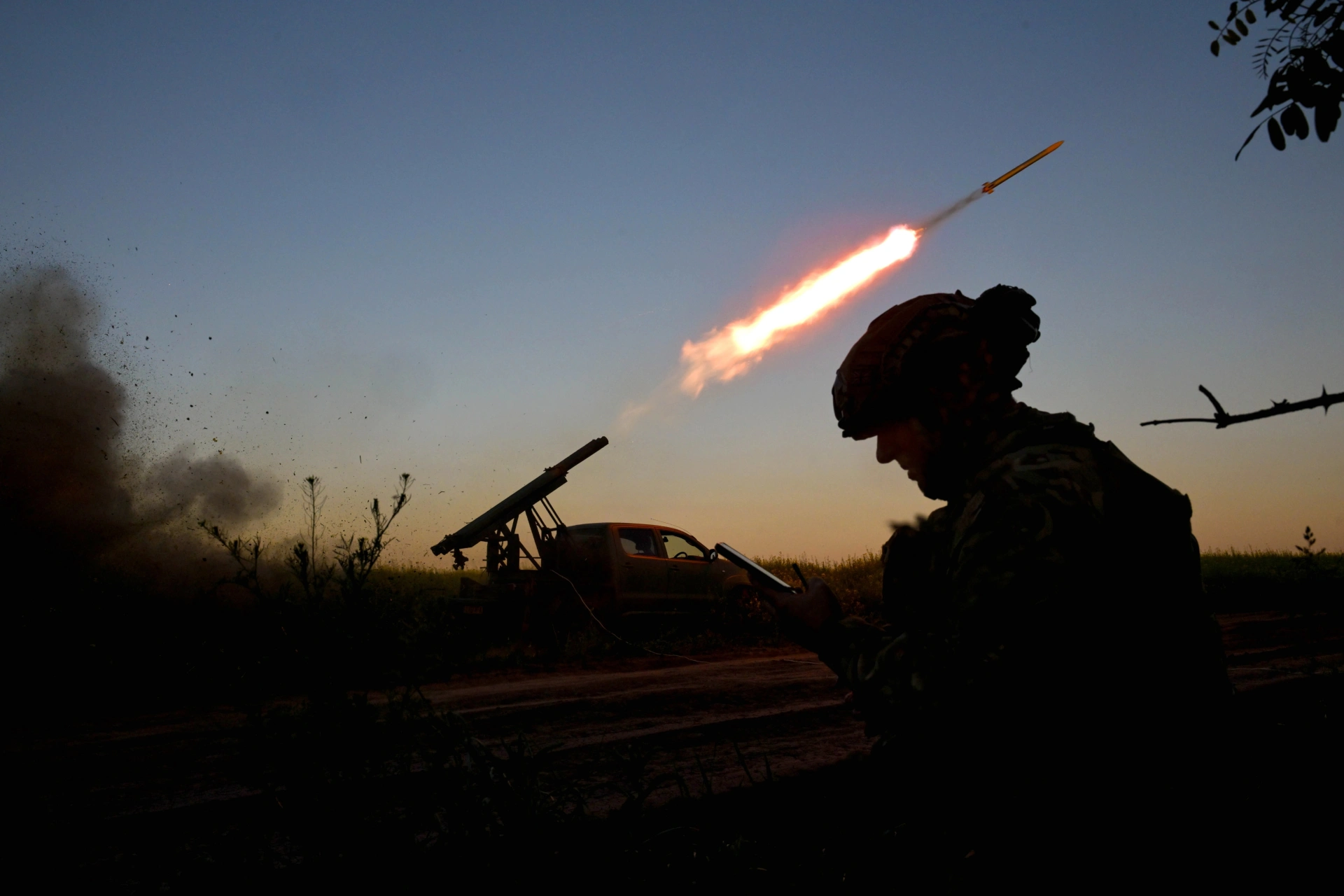Rethinking Peacemaking in Darfur

BY
- Payton L. KnopfSenior Adviser, Crisis Management Initiative; International Affairs Fellow in Residence, 2010-2011
Across eight years, two administrations, and the direct interventions of a deputy secretary of state and three special envoys, U.S. attempts to promote a lasting peace for Darfur have failed. The most recent series of internationally backed Darfur negotiations launched in Doha, Qatar, two years ago are not taken seriously by the parties or by the people of Darfur; intertribal violence is rising; and the Sudanese government is intensifying its military offensive.
Instead of recycling the failed strategies of the past, the United States should shift from its broad objective of seeking “peace in Darfur” to two narrower goals: reducing violence so that some internally displaced persons (IDPs) can voluntarily return to their villages and indirectly supporting tribal reconciliation so stability can reemerge over the longer term.
The Problem
Five principal lessons can be drawn from the United States‘ failed diplomatic efforts in Darfur.
Multiparty negotiations do not lead to viable agreements. While appealing as a mechanism for inclusivity given the numerous rebel factions in Darfur, multiparty negotiations have not succeeded. Some rebel movements use talks to gain leverage and increase their popular standing by refusing to participate. Other movements, including those with little popular support or military strength, use negotiations to gain legitimacy. Khartoum is adept at manipulating the unwieldy mix of factions. The Darfur Peace Agreement (DPA), brokered in 2006 by then deputy secretary of state Robert Zoellick but signed by only one of the Darfur rebel factions, was stillborn. Subsequent rounds of negotiations—in Libya in 2007 and most recently in Doha, Qatar—have similarly failed and lack legitimacy among Darfuris.
Rebel reunification efforts are a distraction. The Darfur rebellion began in 2003 with two rebel movements: the Sudan Liberation Movement (SLM) and the Justice and Equality Movement (JEM). In the years since, dozens of movements have come and gone, leading to endlessly shifting rebel alliances. Although Khartoum’s most recent military campaign in Darfur has produced a temporary operational alliance among the major rebel movements, history has shown that such alliances are fleeting. Further attempts to reunify the movements on a common political platform would distract from more constructive diplomatic efforts.
Punitive measures against rebel leaders are ineffective. Sanctions and other punitive measures have done little to weaken or sideline any of the recalcitrant rebel leaders. The United States sanctioned JEM leader Khalil Ibrahim in 2007, at a time when JEM was one of the weakest rebel movements. Over the past four years it has become by far the most potent rebel military force; it even perpetrated an attack on Sudan’s capital—nearly one thousand miles from Darfur—in 2008.
The international community cannot anoint alternative rebel leaders. Overt international support for particular rebel factions has weakened those leaders. Conversely, condemnation—such as the long-standing Western criticism of SLM leader Abdulwahid al-Nur—has strengthened Darfuris‘ perceptions that these leaders are standing up for their rights in the face of international pressure. Darfur’s complex political landscape and the dearth of international experts with the credibility and skills to navigate it impede outside efforts to reorganize the rebel movements.
Competing international efforts are counterproductive. International mediators over the past seven years have failed to channel the policies of the myriad states with an interest in Darfur, ranging from the Western powers to China and from Libya to Eritrea, into a coherent strategy that induces the parties to make the compromises necessary for an agreement. After witnessing several failed peace summits and endless rounds of internationally organized “civil society dialogues,” in Darfur, Darfuris doubt that foreign efforts, including those by the United States, will end the conflict.
What the United States Can Do
The conditions are not ripe for concluding a peace agreement between Sudan and the Darfur rebels in the next two to five years. The United States should acknowledge this fact and instead focus its diplomatic efforts on creating conditions for voluntary IDP returns in small pockets of Darfur, which can build wider-spread stability in the longer term. Insecurity and disputes over land administration now impede returns. If these issues can be overcome, international donors could proceed with early recovery programs to ease the transition for IDPs. The United States can lay a foundation for these redefined goals through a three-pronged approach.
First, the United States should press the United Nations and the African Union to execute their peacekeeping mission’s (UNAMID) political mandate by expanding contact with the tribes and changing the perception of the peacekeeping mission on the ground. U.S. pressure will be necessary to ensure that the rebel movements—which are now largely divorced from tribal leaders and pursuing their individual agendas—and Khartoum do not obstruct UNAMID’s efforts. As the UN Security Council will need to renew UNAMID’s mandate this summer, the administration should state publicly and at a high level that it will monitor the actions of all parties—including the leadership of the peacekeeping force. Arab and African tribes have concluded several community-level agreements on the drivers of the conflict—security and land administration—in recent years. While these are imperfect, communities have embraced them as an improvement on the status quo, and they can be models for future initiatives.
UNAMID can support these indigenous processes without exacerbating local tensions. However, Darfuris now perceive UNAMID as ineffective in providing security or organizing political consultations, so step one must be rebuilding its credibility.
Second, the United States should focus on the two movements that have the political and military relevance to make or break peace efforts—JEM and SLM/Abdulwahid—as well as on the sole signatory of the DPA. Because these groups harbor different objectives, they should be dealt with individually rather collectively.
Chad’s termination of its support for JEM in 2010 and the shifting situation in Libya, which is harboring JEM’s leader and has financed the group, provides leverage for senior U.S. officials to undertake regular discussions with the movement’s leadership. In the first phase, these discussions should determine JEM’s core aims and whether it seeks the overthrow of the regime in Khartoum, as has long been rumored, or more modest, Darfur-centric goals that can be accommodated through U.S.-mediated negotiations with the government, which would confer long-sought recognition of JEM’s significance. International frustration with SLM leader Abdulwahid al-Nur’s refusal to negotiate with Khartoum is irrelevant, as he maintains broad support among Darfur’s IDPs. U.S. discussions with him should concentrate on reaching confidential assurances on his future status, neutralizing his capacity to spoil intertribal reconciliation and breaking the political stalemate.
The United States should also reopen a senior-level channel with Minni Minawi, the sole signatory of the DPA who became marginalized in the absence of a peace dividend. While his movement has weakened and splintered, the areas under his nominal control have been targets of the most recent government offensive. Minawi has been a reliable U.S. partner since 2006, his basic objectives are not unreasonable, and he could become a spoiler if not included in a new U.S. initiative toward JEM and Abdulwahid.
Third, the United States should state publicly that sanctions on Sudan will not be relaxed unless the government ceases its military campaign in Darfur. The United States should also privately hold Khartoum accountable for persuading Arab tribal leaders to moderate the violence and pursue negotiations with the African tribes. Arab—as well as African—tribes in Darfur will remain armed for the foreseeable future. However, Khartoum can limit the frequency and severity of violence perpetrated by Arab tribes and end its interference with tribal reconciliation initiatives. The government knows that Congress and the advocacy community may oppose any attempts by the administration to ease bilateral sanctions without an improvement in the situation in Darfur, which provides the United States with leverage to seek specific steps from Sudan.
The Argument for a Redefined Policy
With the secession of southern Sudan scheduled for July, Khartoum is consolidating its control of the north and exploiting the absence of an effective international strategy for Darfur. The UN has reported more than 2,300 violent deaths in Darfur in 2010 and more than 70,000 displaced people this year alone. Although significant progress has been made in UNAMID’s deployment, its ability to reverse this trend is fatally constrained by the lack of a political framework to ameliorate the conflict.
The international focus on southern Sudan in the run-up to the referendum in January exacerbated the years long drift in the Darfur political process. It is now time to recapture the momentum. The announcement of a new, targeted, and refocused U.S. strategy would establish a fresh foundation around which international efforts can coalesce and demonstrate to each of the actors in Darfur—the rebels, the tribes, the regime in Khartoum, and neighboring states—that the United States intends to lead the international community in addressing the situation. Only U.S. attention can combat the stagnation in the peace process and harness the competing international efforts that now allow spoilers to foment instability and violence.
For more on the Darfur peace process, visit the Sudan Human Security Baseline Assessment.t





